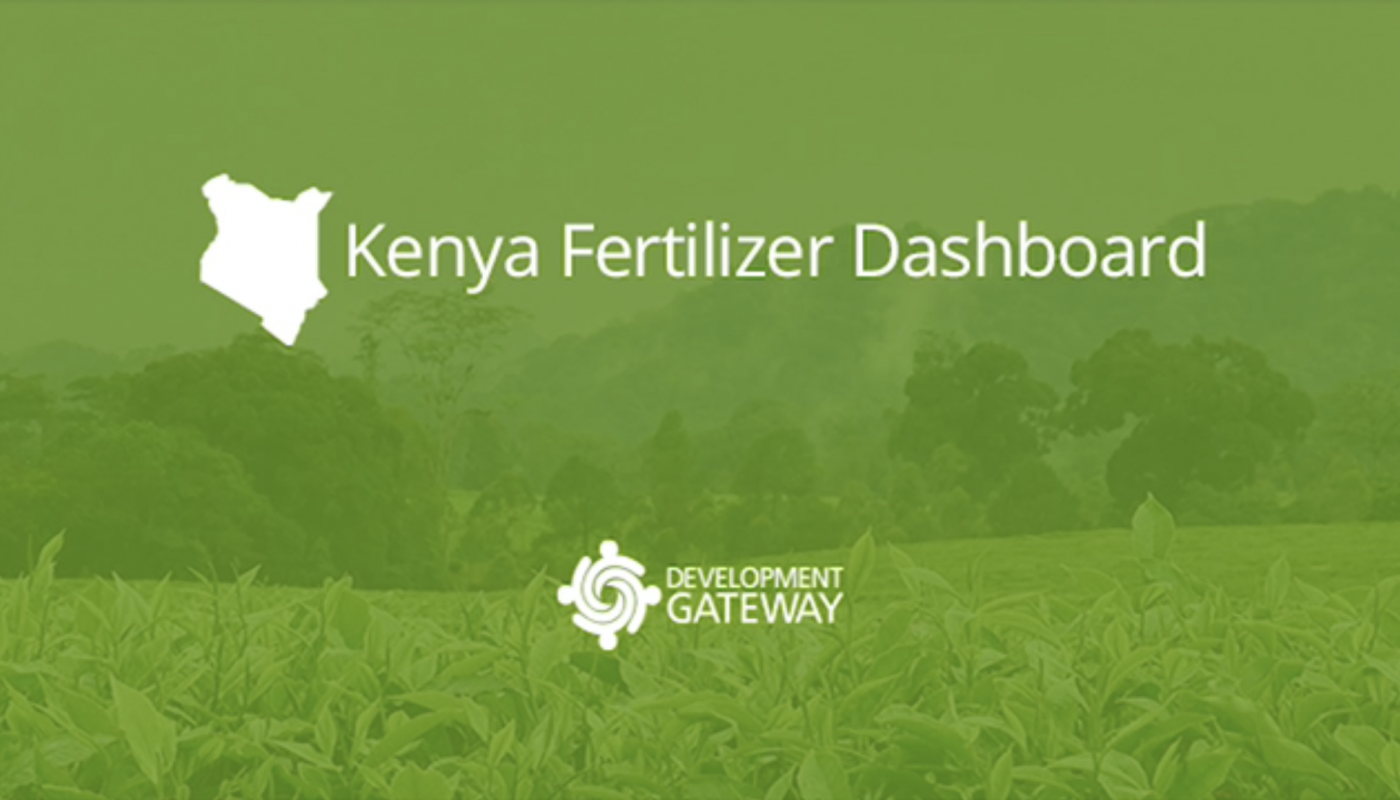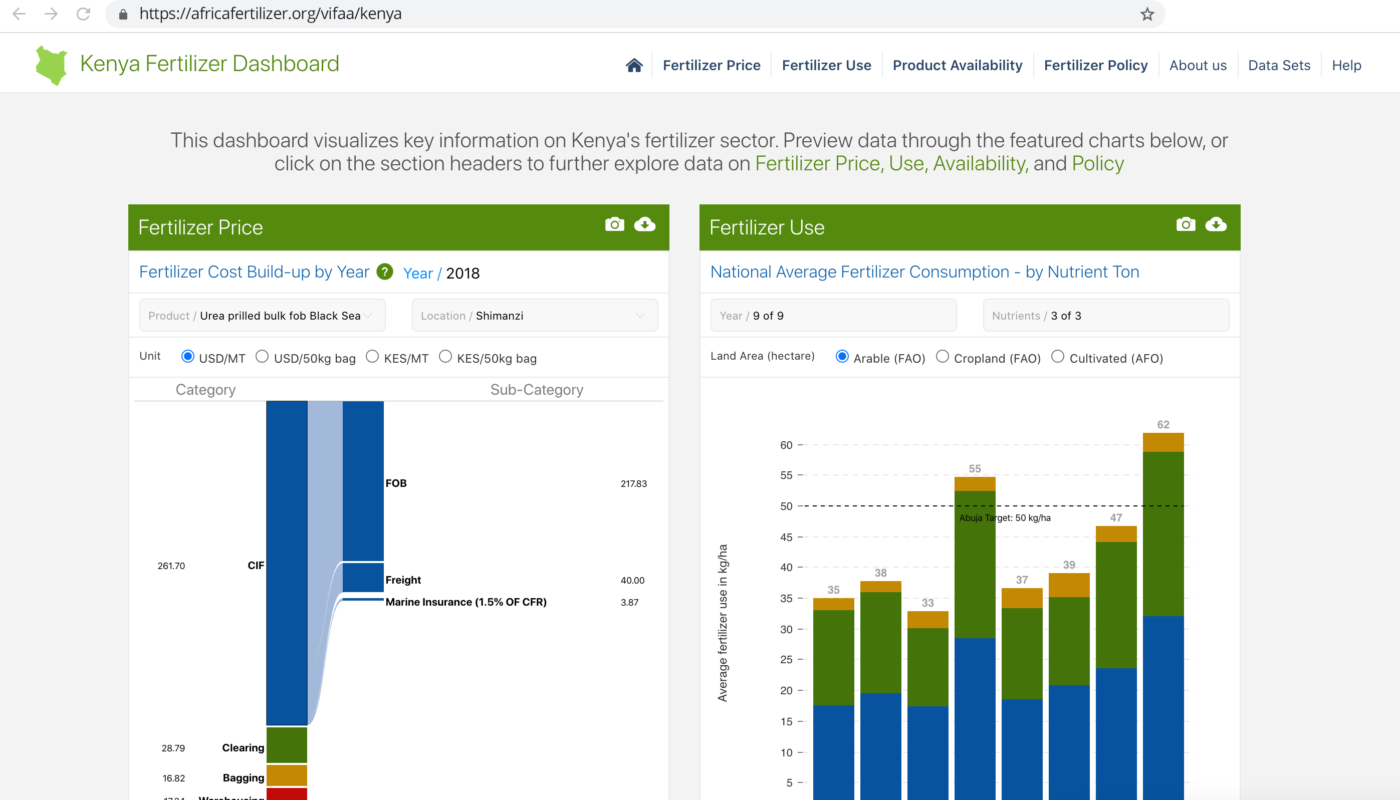Posts focused on Agriculture
Page 6
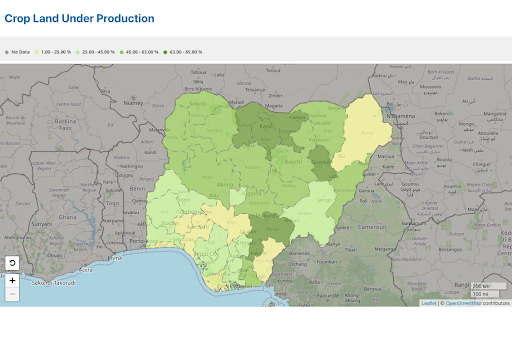
Decision-Making: from Soil to Farmers
Professor Victor O. Chude is the Registrar/CEO of Nigeria Institute of Soil Science (NISS), where his work centers around efforts to produce and use more region and crop-specific fertilizers to increase crop yields and food security. Professor Chude describes how the newly launched VIFAA Dashboard supports his work and feeds into decision-making.
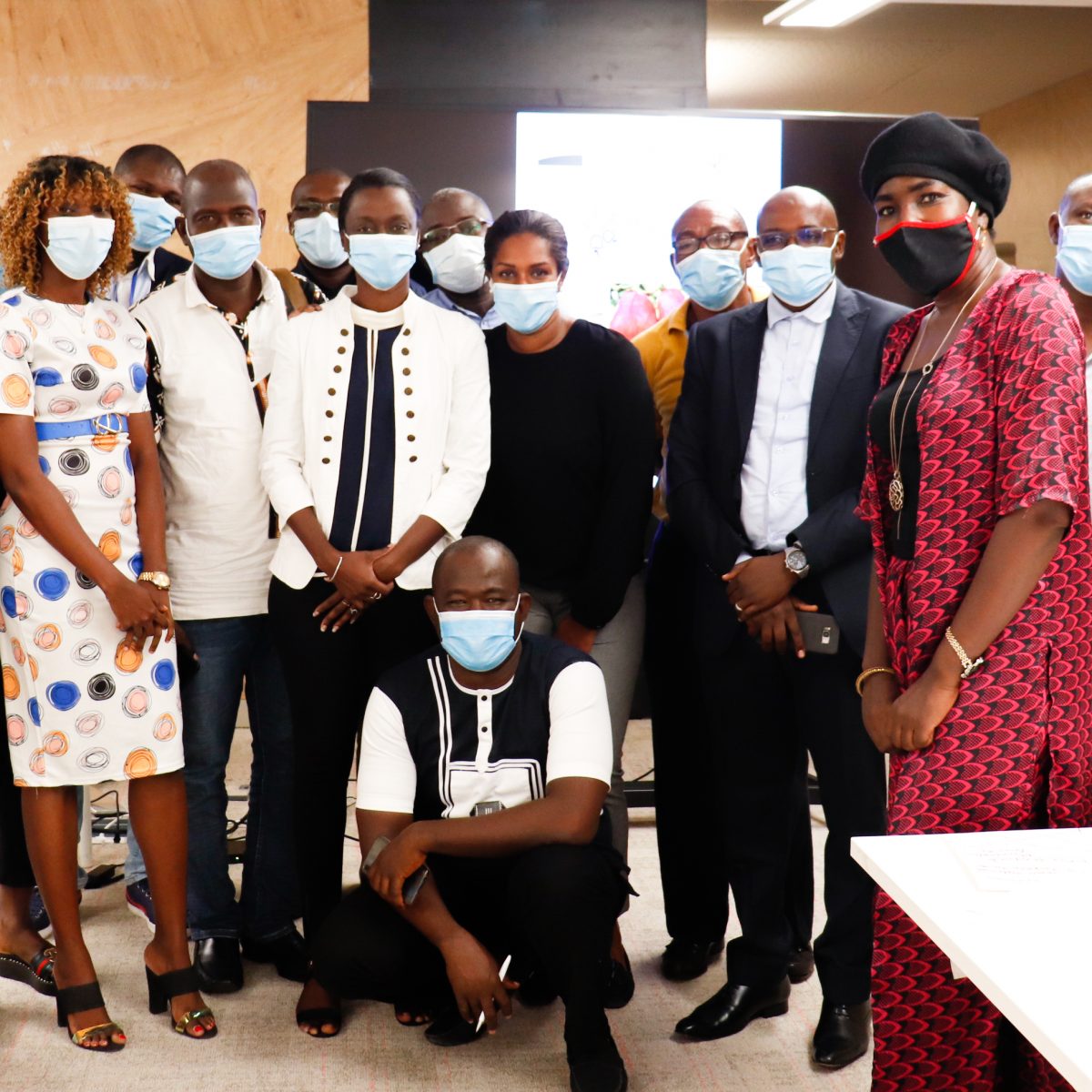
Highlights from Francophone Africa and the Caribbean
DG has been implementing projects in French-speaking African and Caribbean countries since 2007. Here we highlight DG's ongoing work in Francophone countries in Africa and the Caribbean.
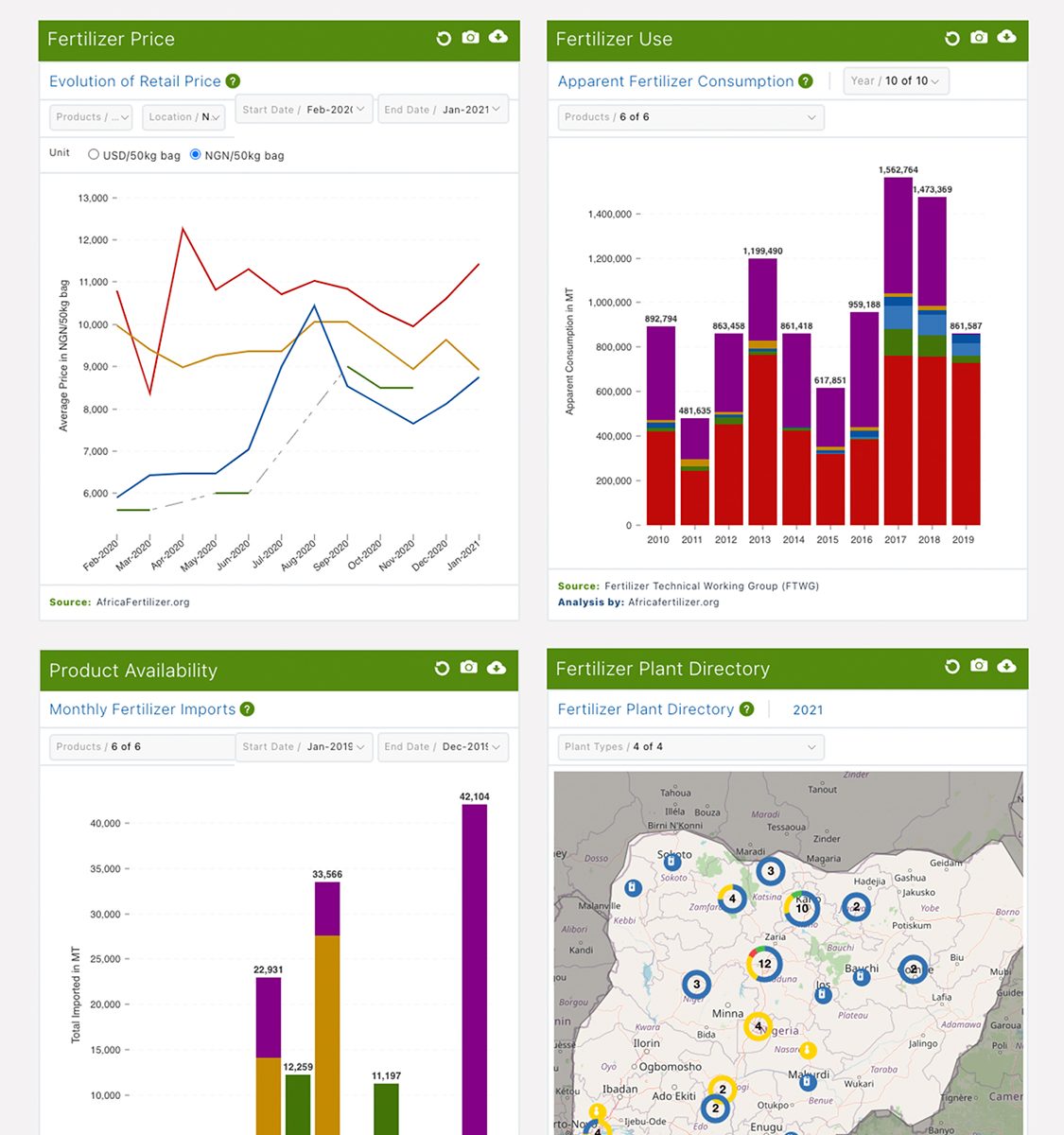
Changing the Data Landscape: The VIFAA Nigeria Dashboard
In place of unwieldy spreadsheets and dozens of sources, the VIFAA Fertilizer Dashboard introduces a “one-stop-shop” for trustworthy, visually appealing information that is key to understanding Nigeria’s fertilizer sector.
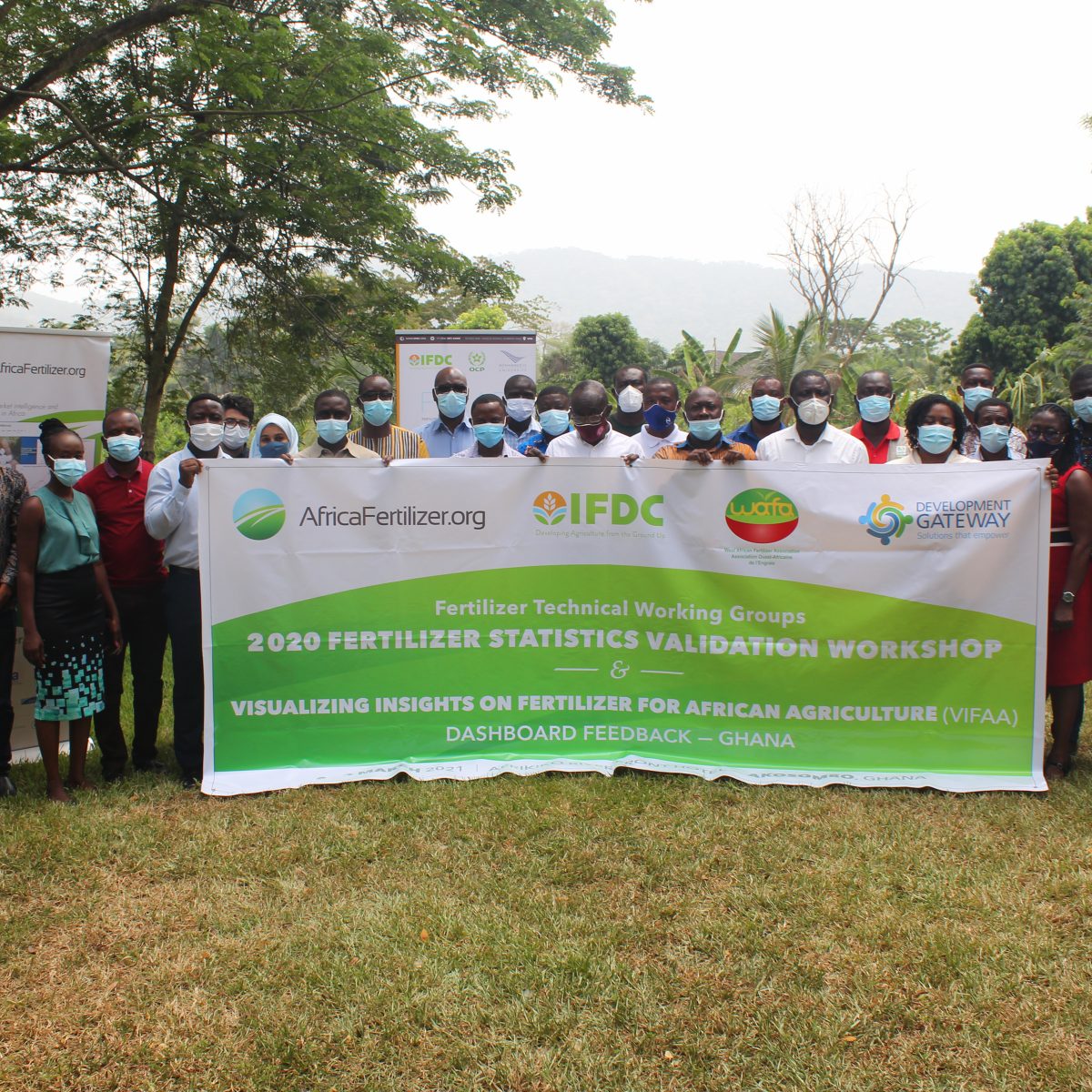
One Step Closer to the Ghana VIFAA Dashboard
In partnership with Africafertilizer.org, the International Fertilizer Development Center, the Ghana Ministry of Food and Agriculture, Ghana Statistical Service, the Ghana Revenue Authority, Ghana Cocoa Board, and other partners, DG had a soft launch of the new Ghana fertilizer dashboard.
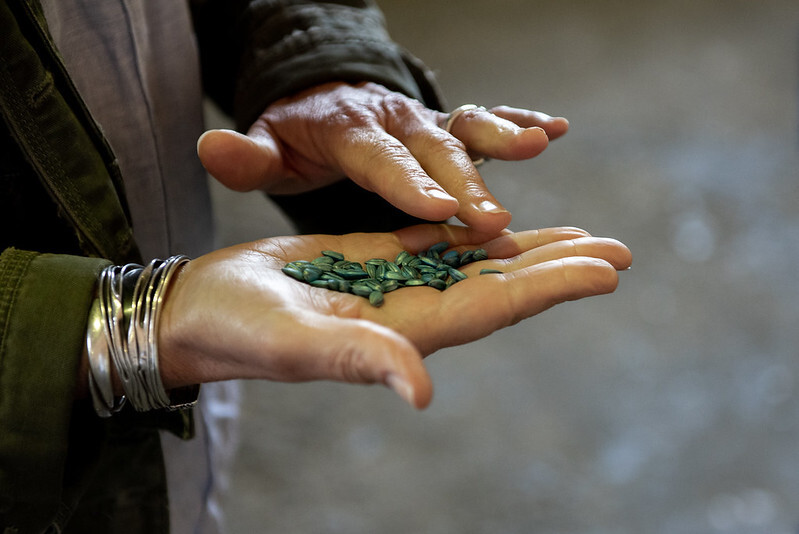
One Year of TASAI-VISTA
From the creation of survey tools to stakeholder mapping, one year into DG's partnership with TASAI, the Visualizing Information on Seeds Using Technology in Africa (VISTA) program has made great progress.
Understanding Fertilizer Markets through the VIFAA Kenya Dashboard
Michael Kamau, Intervention Manager for Agricultural Inputs, at Kenya Market Trust, explains how decision-making in the fertilizer sector requires data on how fertilizer markets are functioning. The new Visualizing Insights on Fertilizer for African Agriculture (VIFAA) Dashboard for Kenya provides a detailed picture of the fertilizer sector to support decision-making at all levels – and ultimately, to ensure fertilizer is available for smallholder farmers when and where they need it.
Using the VIFAA Kenya Dashboard
The Visualizing Insights on Fertilizer for African Agriculture (VIFAA) program aims to strengthen data supply and support improved policies and investments to increase fertilizer affordability, availability, and quality. Stakeholders share how it will support decision-making in Kenya.
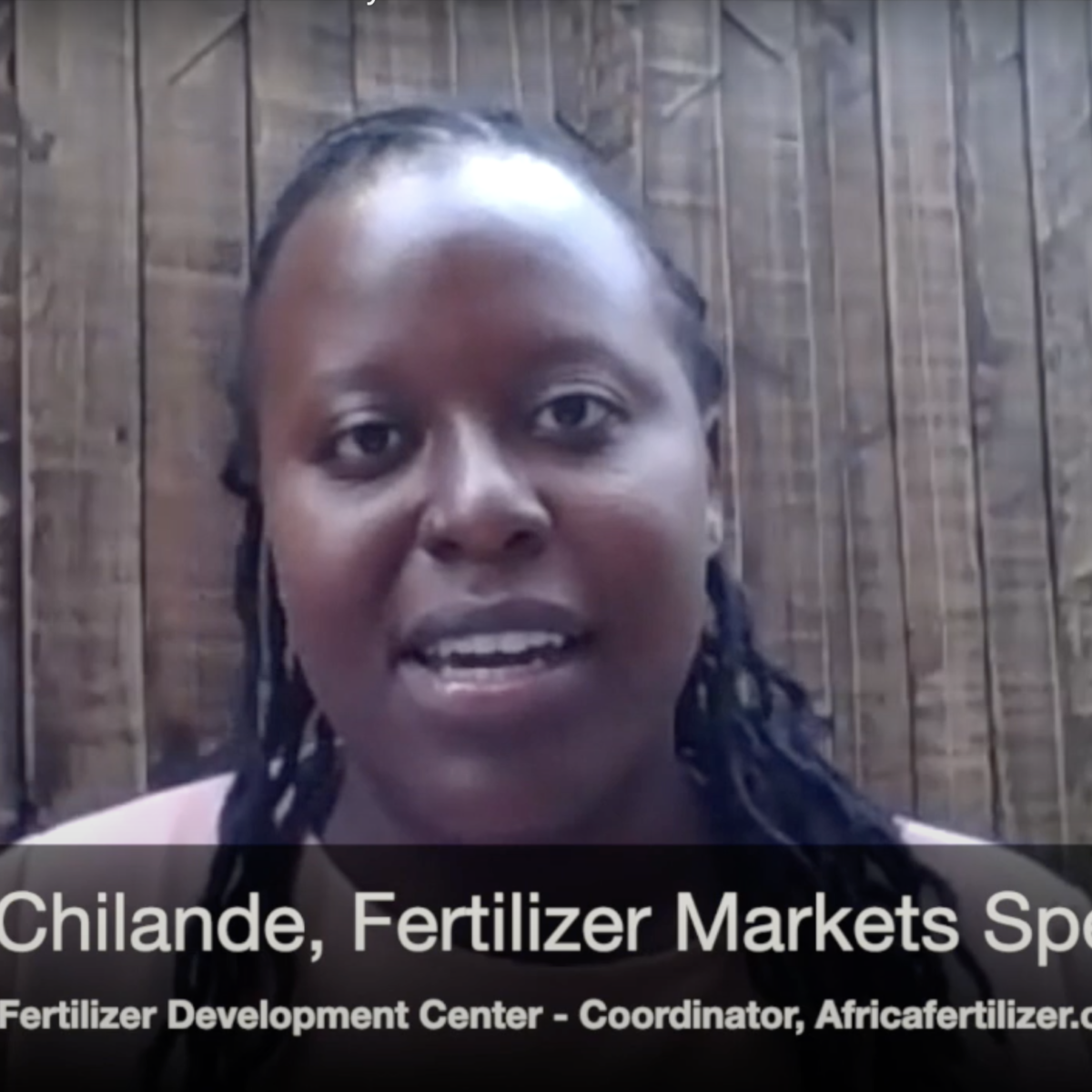
Why a Fertilizer Dashboard for Kenya?
In developing the VIFAA Kenya Dashboard, we worked in partnership with Africafertilizer.org (AFO) and the International Fertilizer Development Center (IFDC) to understand the cycle of demand, supply, and use of Kenya’s fertilizer data. Grace Chilande of AFO and IDFC provides more information on why the dashboard is needed and how it will be used.
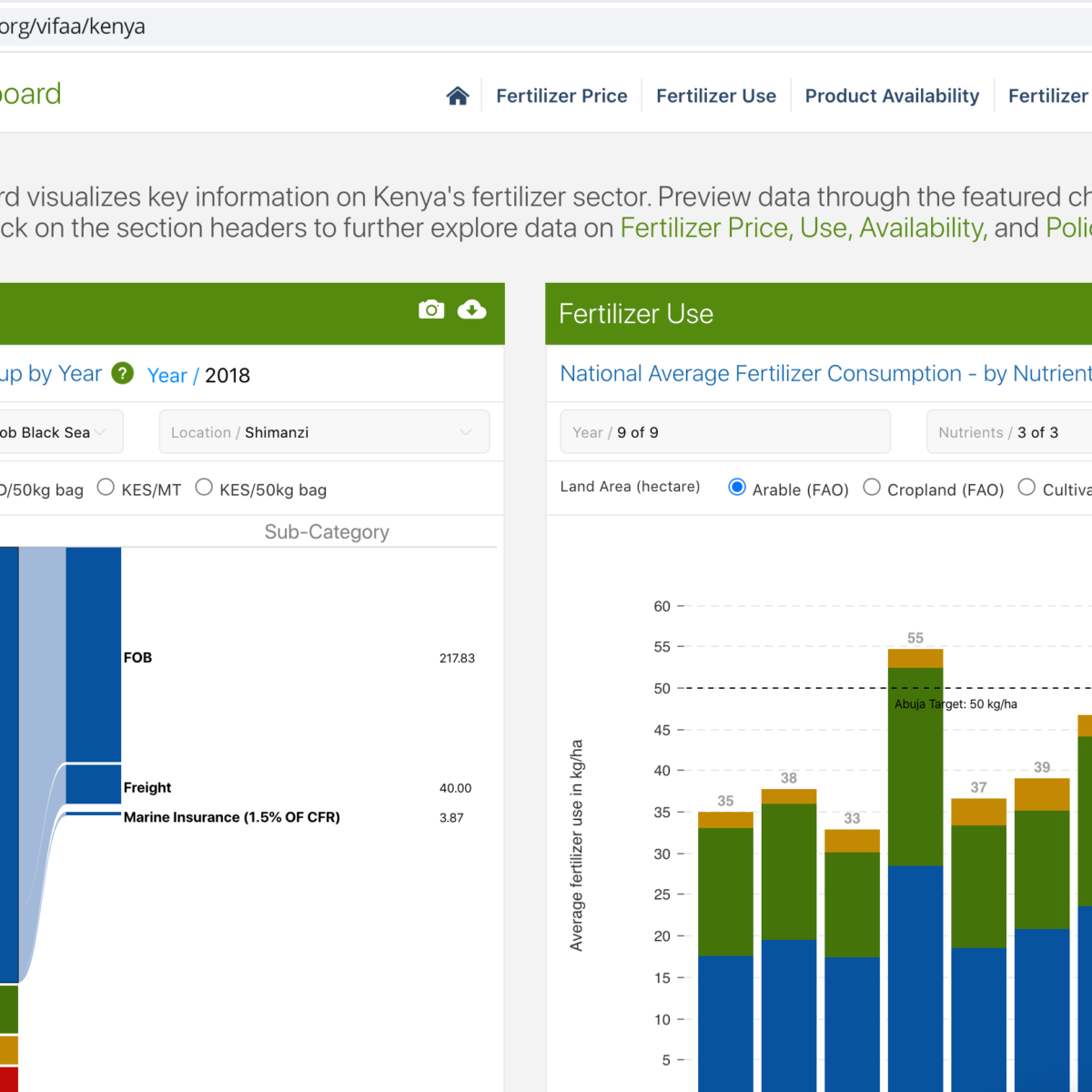
The Kenya Fertilizer Dashboard is Live!
We are thrilled to announce that the Visualizing Insights for African Agriculture (VIFAA) Kenya Fertilizer Dashboard is now live! From fertilizer price to consumption, this dashboard makes Kenya’s fertilizer data easier to access, use, and share for national and county level decision making
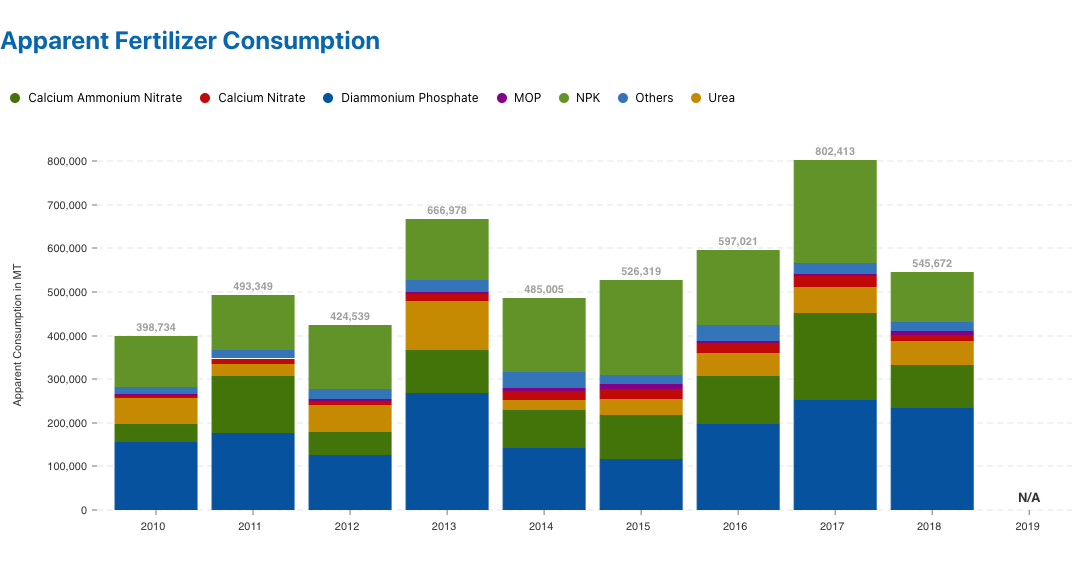
Sourcing Fertilizer Data in Sub-Saharan Africa
In advance of the first VIFAA country dashboard launch next week, we will explore the importance and source of accurate and reliable data for each of the indicators. This is a crucial step in making data available in a way that stakeholders can use to inform their decisions.
